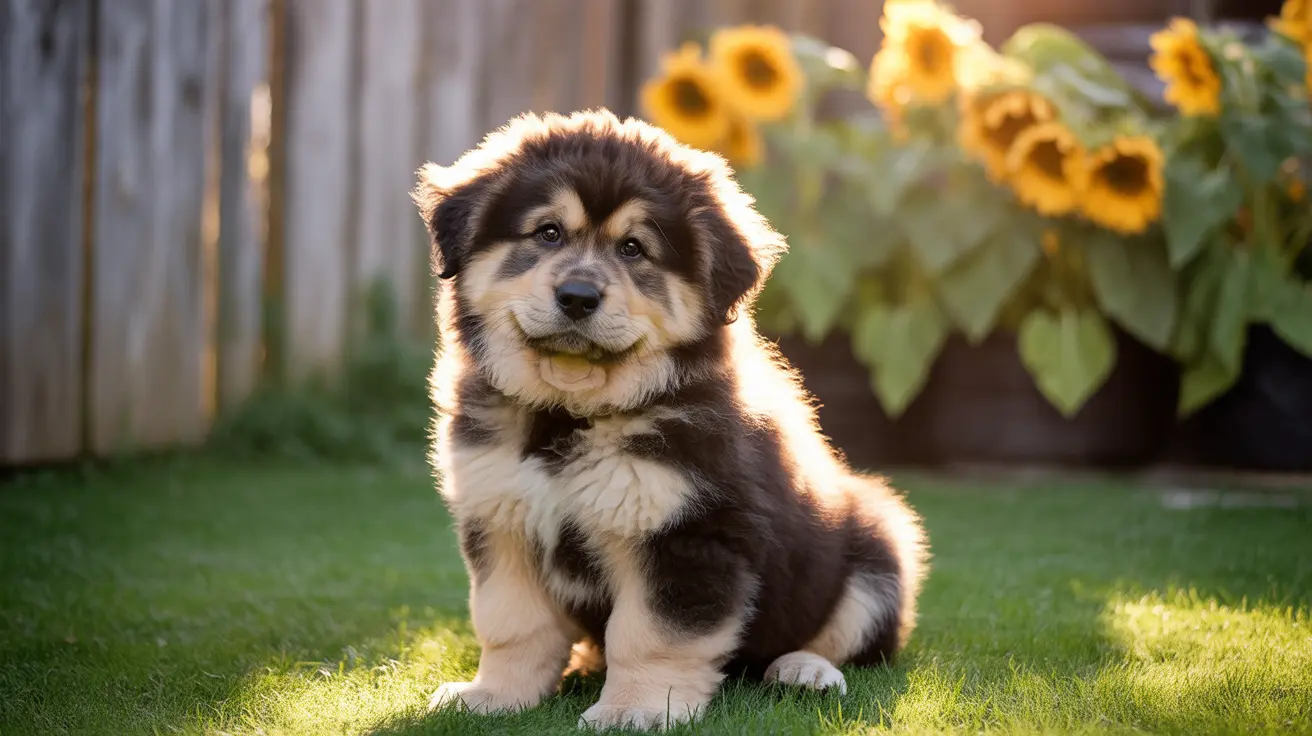Understanding Your Mastiff's Temperament
Mastiffs are known for their loyal, protective nature and surprising sensitivity. Despite their imposing size, they're often described as "gentle giants" who form deep emotional bonds with their families. This sensitivity means they can be easily discouraged by harsh corrections, making positive reinforcement the cornerstone of successful training.
Their natural guardian instincts require careful management through proper socialization and training. While protective, a well-trained Mastiff should be able to distinguish between welcome guests and genuine threats.
Early Training Fundamentals
Starting training between 8-10 weeks of age is ideal for Mastiff puppies. During this critical period, puppies are most receptive to new experiences and learning basic commands. Focus on essential skills like sit, stay, come, and proper leash walking.
Keep training sessions short, typically 10-15 minutes, to maintain your Mastiff's interest and prevent mental fatigue. Multiple brief sessions throughout the day are more effective than one long session.
Effective Socialization Strategies
Proper socialization is crucial for preventing fearfulness and aggression in adult Mastiffs. Expose your puppy to various people, environments, and situations during their formative weeks. This includes:
- Different types of people (ages, appearances, behaviors)
- Various environments (parks, streets, stores)
- Other animals (both dogs and other pets)
- Different sounds and experiences
Positive Reinforcement Techniques
Positive reinforcement is particularly effective with Mastiffs due to their eager-to-please nature. Use high-value treats, enthusiastic praise, and gentle physical affection to reward desired behaviors. Avoid harsh corrections or punishment-based methods, as these can damage your Mastiff's trust and confidence.
Managing Size and Strength
Given their substantial size, teaching proper leash manners and impulse control is essential. Start leash training early and be consistent with rules about pulling or jumping. Use appropriate equipment designed for large breeds, and consider working with a professional trainer if you need additional support.
Common Training Challenges
Mastiffs can display stubborn streaks and independent thinking. Address these challenges by:
- Maintaining consistency in rules and commands
- Using varied rewards to maintain interest
- Breaking complex tasks into smaller, manageable steps
- Staying patient and positive during training sessions
Frequently Asked Questions
When is the best age to start training a Mastiff puppy?
The optimal age to begin training a Mastiff puppy is between 8-10 weeks old. This coincides with their critical socialization period and allows for establishing good habits early.
How can I effectively use positive reinforcement to train my Mastiff?
Use high-value treats, enthusiastic praise, and gentle petting to reward desired behaviors. Keep training sessions short and fun, and always end on a positive note. Avoid harsh corrections or punishment.
What are the key socialization steps for a Mastiff puppy to prevent aggression?
Expose your puppy to various people, animals, environments, and situations during their first 16 weeks. Ensure all experiences are positive and controlled, and never force interactions if your puppy shows fear or discomfort.
How do I manage stubborn behavior and maintain my Mastiff's attention during training?
Keep training sessions short (10-15 minutes), use high-value rewards, and vary your training routine to prevent boredom. Be consistent with rules and commands, and remain patient when facing stubborn behavior.
What basic commands and skills should I focus on teaching my Mastiff early on?
Focus on essential commands like sit, stay, come, down, and proper leash walking. These fundamental skills are crucial for managing a large breed dog safely and effectively.
Conclusion
Training a Mastiff requires patience, consistency, and understanding of their unique temperament. By focusing on positive reinforcement, early socialization, and proper management of their size and strength, you can help your Mastiff develop into a well-mannered and reliable companion. Remember that every dog learns at their own pace, and celebrating small victories along the way will help build a strong training foundation.






